
You did it, you made it to the end of the academic year! Now, you might be summer ready but are you move-out ready?
READ MORE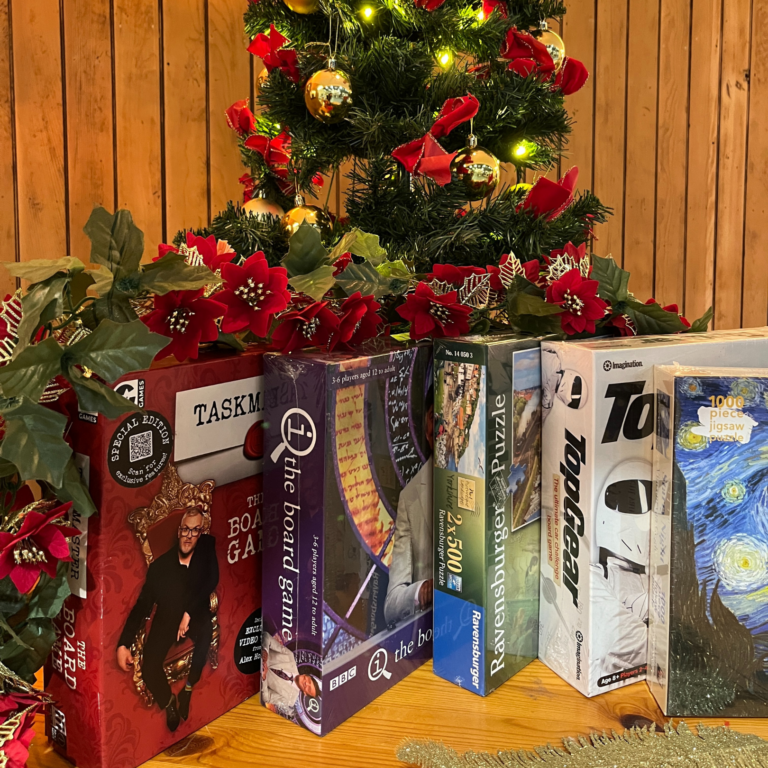
If you’re looking to save money this Christmas but still give your loved ones the perfect gift, Renew has just what you need!
READ MORE
Ever wondered what happens to all the plastic that goes in your recycling bin? Also, why some plastics cannot be recycled.
READ MORE
Be in the loop by repairing instead of throwing away. Electronic waste is a huge problem in the UK, with so many appliances being thrown away before they’re truly broken.
READ MORE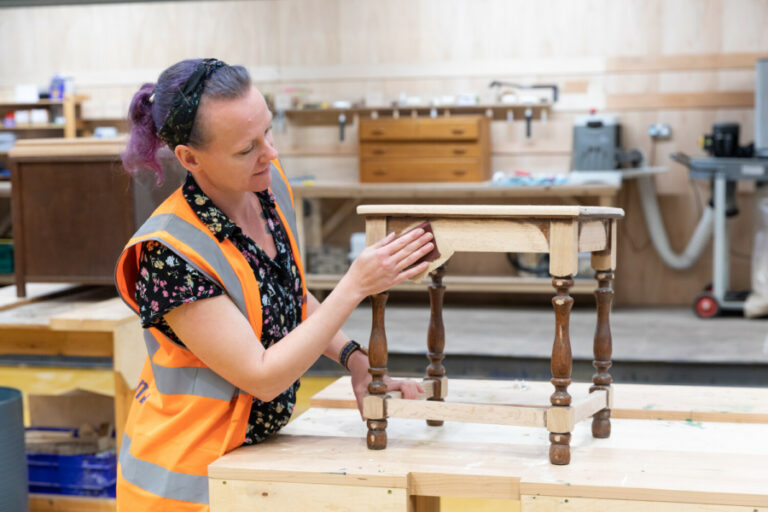
Hannah from Tread Softly transforms unwanted furniture into beautiful one of a kind pieces. Hannah shares her upcycling tips with us on how to get started.
READ MORE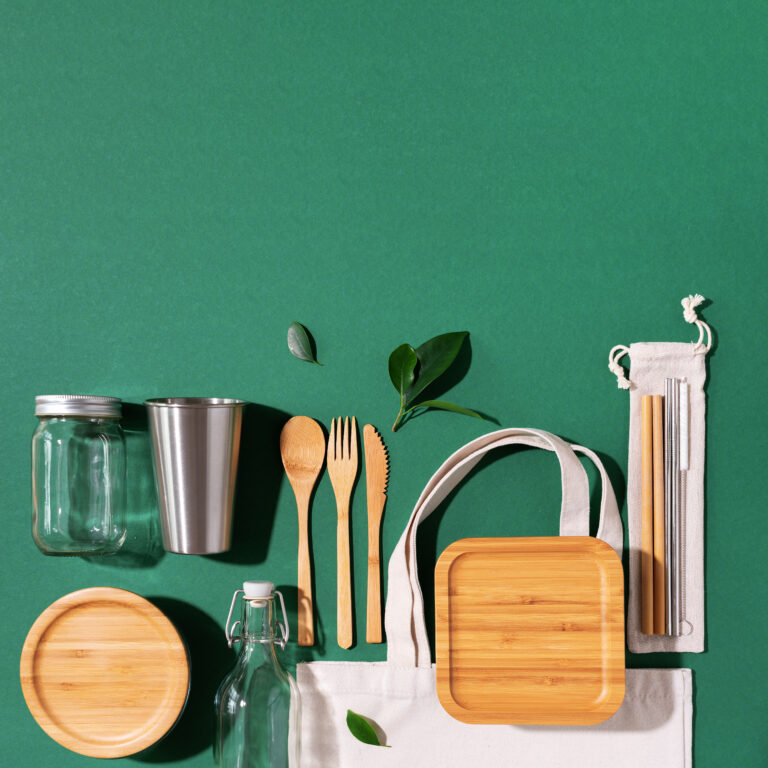
Life is getting more expensive by the minute and we’re all looking for ways to increase the cash in our pockets. There are huge savings to be made by investing in reusable and sustainable versions of things you use everyday.
READ MORE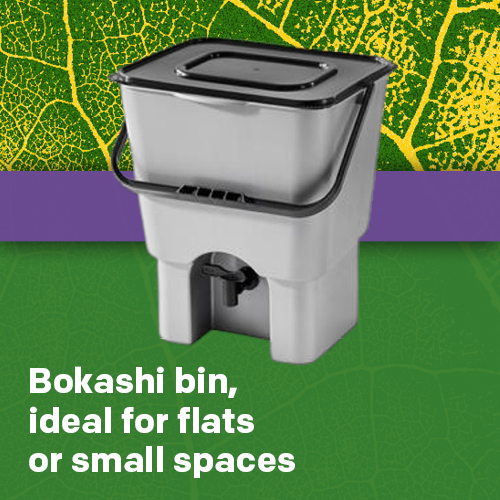
We are supporting the Greater Manchester Ageing Hub’s celebrations for International Day for Older Persons. Sow the City, who we are working with on our composting projects, have written this blog about how composting can be done in small spaces, when you don’t have access to a large open space.
READ MORE
What is leaf mould? Leaf mould is just decomposed leaves that have been broken down by fungus.
READ MORE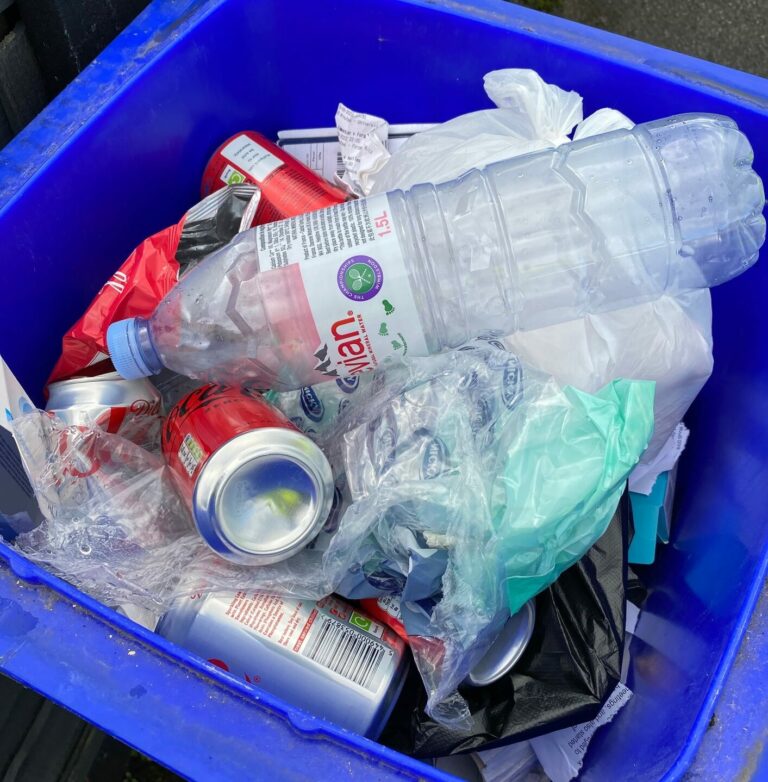
Most people are recycling right in Greater Manchester. However truck loads of paper and card collected last year couldn’t be recycled because some people are putting the wrong things in their paper and card bins and even purposely hiding rubbish in their bins.
READ MORE